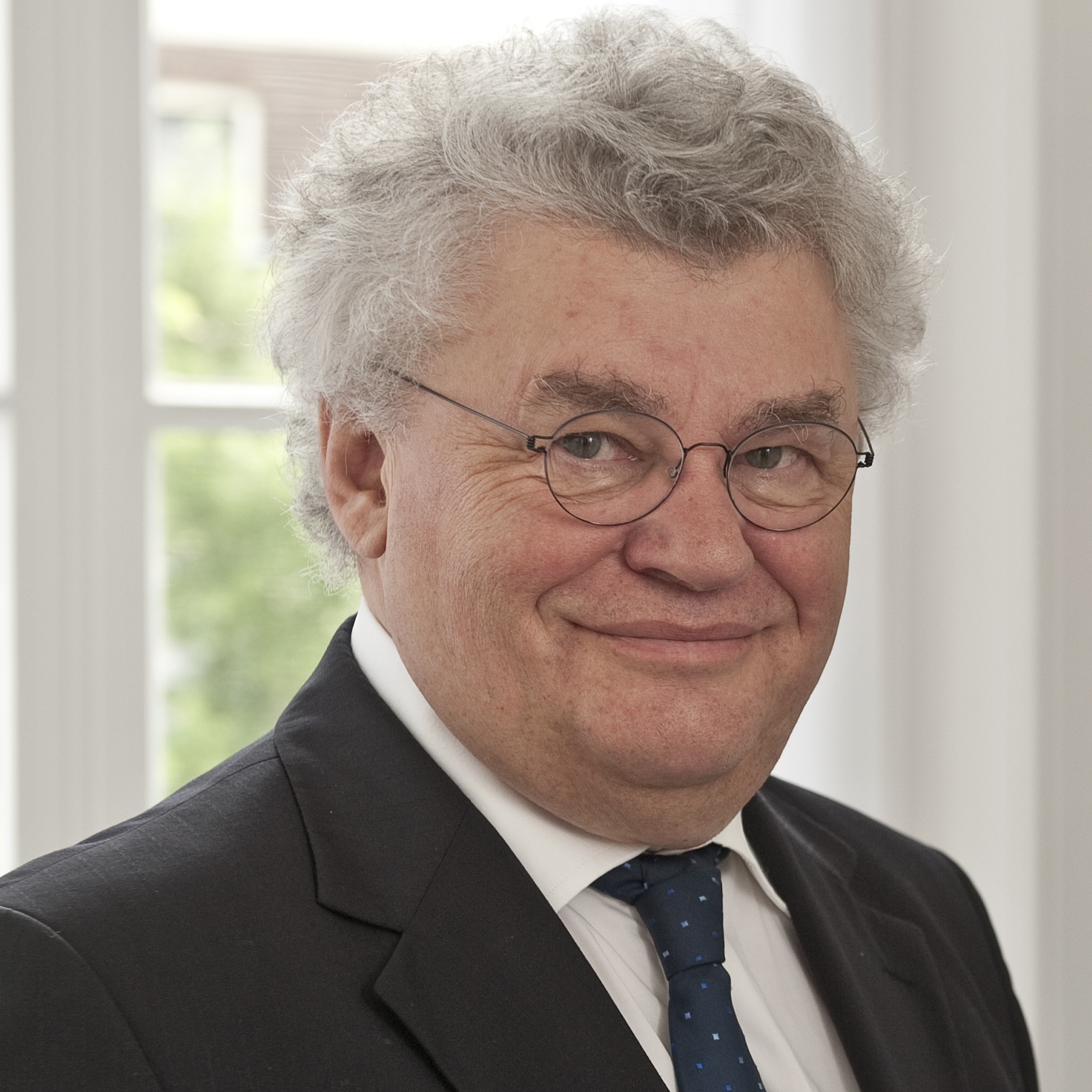Speakers
‹ Back
Professor András Szöllősi-Nagy
Professor, President of the Institute for Sustainable Development Studies, National University of Public Service Hungary (NUPS), Chairperson, International Hydrological Programme, UNESCO
CV
András Szöllösi-Nagy is a civil engineer by training. He got his first doctorate in applied math, then one in control science and one in systems science. He was research scholar at IIASA (International Institute of Applied Systems Analysis) and VITUKI (Hungarian Institute for Water Research).
He started to work for the UN in the 80’s in the area of flood forecasting and joined UNESCO in 1989. For some 20 years he served as the Secretary of UNESCO’s International Hydrological Programme and later as Rector of the UNESCO-IHE Institute for Water Education, Delft, The Netherlands. He was also Professor of Stochastic Hydrology at the Technical University Delft.
Recipient of several major international awards, including the Prince Albert Prize for the Environment and a great number of Honoris Causa Professorship and Doctorates at different universities. Currently he has been elected Governor of the World Water Council and Chairman of the Intergovernmental Council of the International Hydrological Programme.
He is Professor of Sustainable Water Management at the National University of Public Service (NUPS), Budapest, Hungary. Fellow of iASK (Institute of Advanced Studies Köszeg), Hungary, and serves as Chair of he Board of the international Sustainable Water Futures Programme, located in Brisbane, Australia.
Abstract
Abstract:As panellist the speaker will shortly overview the current global perspective on freshwater with a view to identify major likely future challenges along with an outline of potential opportunities for solutions. Given the projected demands for water, and the likely impact of climate variability and change, the present water uses are clearly not sustainable.
The big questions are as follows: Are we really dealing with the most important issues? What are indeed the major drivers that will determine how water will be managed two generations from now? In case of transboundary rivers and aquifers, where nearly half of humanity leaves, who calls the shots? How effective international cooperation is? Why do we need that, to start with? Is water management an ethical and cultural issue or simple a matter of engineering by more structures? Isn’t water just a matter of quick technical fixes by applying more technology? Is water a source of conflict or that of cooperation? Some of the potential responses to these questions will be outlined along with an assessment of new relevant global action initiatives of the UN system, notably the SDGs and the central position of water therein related to poverty eradication, food and energy security as well as to public and ecosystems health for it seems that finally, the political recognition is born that freshwater is a major global issue.
. The contribution will attempt to identify future technical, social and ecological challenges that need to be addressed to establish sustainable water development and management practices for the future. It will look into the hydrological impacts of various global change drivers at various scales. Potential impacts of climate change will also be outlined along with the likely increase in the occurrence of extreme events such as floods and droughts. Mitigation and adaptation measures will shortly be outlined with a view to creating resilient water systems.